Science in the media
-
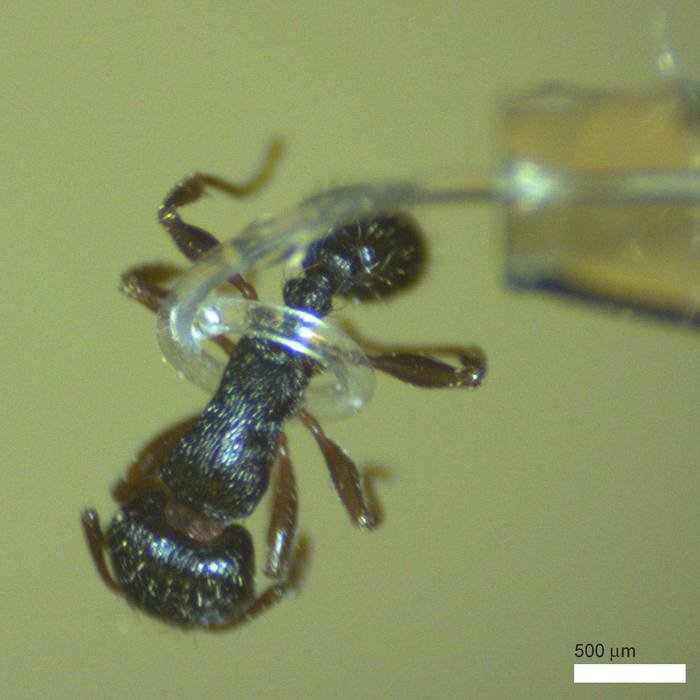
Mikrogarro robotiko bigunak
Irudiko mikrogarro robotikoa gai da oso objektu hauskorrak jasotzeko, haiei inolako kalterik eragin gabe.
-
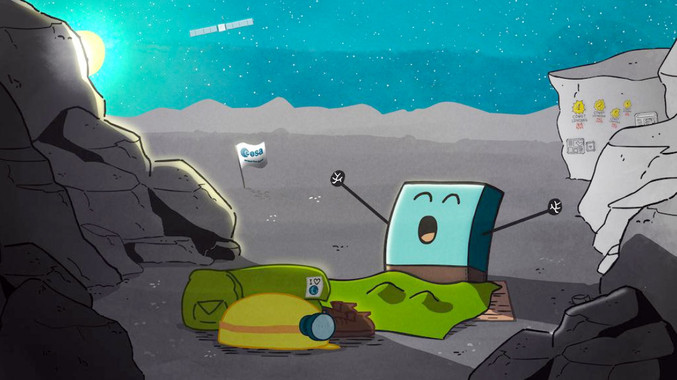
El módulo Philae despierta sobre el cometa 67P
“¡Increíble noticia. Mi ‘aterrizador’ Philae está despierto!”. Con estas palabras la sonda Rosetta de la Agencia Espacial Europea anunciaba este domingo en su cuenta de Twitter que, tras casi siete […]
-
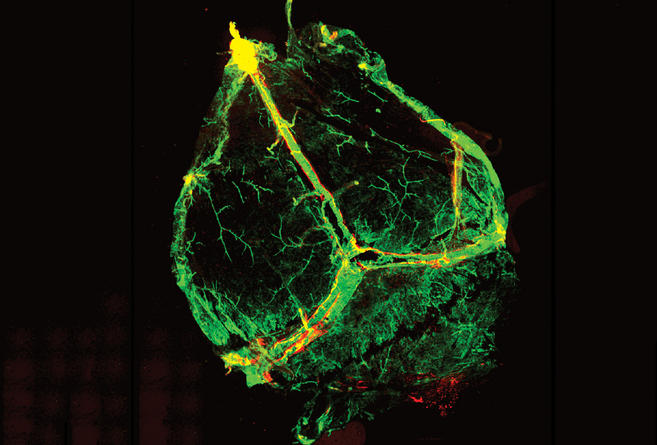
The lymphatic drain inside your brain
Has the human brain been hiding a dirty secret? While studying the membranes around a mouse brain, neuroscientist Antoine Louveau stumbled across something that wasn’t supposed to be there: a […]
-

A Design Dilemma Solved, Minus Designs
A 150-year-old conundrum about how to group people has been solved, but many puzzles remain.
-
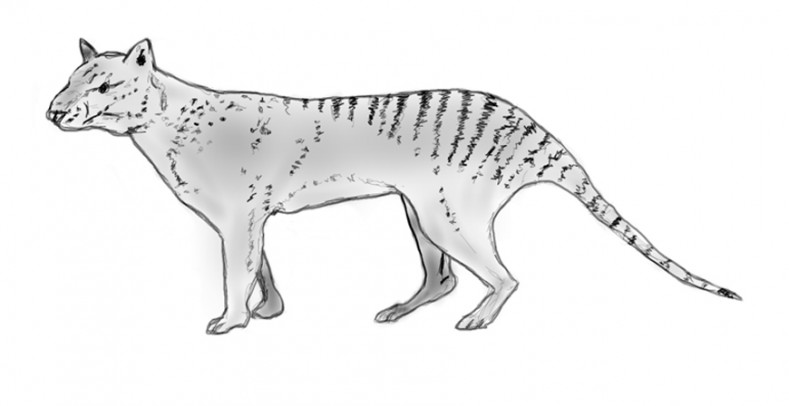
Cómo usar las inundaciones como arma de guerra
Un estudio demuestra que los humanos causaron un tercio de las inundaciones en los últimos 500 años en el sudoeste de los Países Bajos. La técnica se usó contra los […]
-
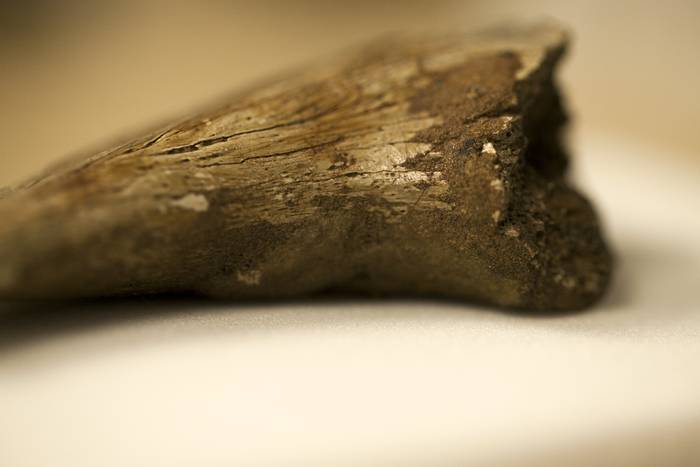
Ezohiko arrasto organikoak, duela 75 milioi urteko dinosauroen fosil arruntetan
Globulu gorriak eta kolageno-zuntzak diruditen egiturak atzeman dituzte Londresko Imperial Collegeko ikertzaile batzuek, duela 75 milioi urteko dinosauroen fosiletan. Aztertutako zortzi hezur-zatietatik seitan detektatu dituzte egitura organikoen arrastoak. Ikertzaileen esanean, […]
-

Cyber-Espionage Nightmare
A groundbreaking online-spying case unearths details that companies wish you didn’t know about how vital information slips away from them.
-

The foldable, five-cents battery powered by bacteria
A new origami paper battery, which is powered by bacteria and costs five US cents, could revolutionise the diagnosis of diseases in developing and remote areas.
-

Music Was Once Thought To Be A Neural Pathogen
Music has powerful impacts on the mind and a strange relationship with science and society. It has now made its way into the clinic as a tool to help heal […]
